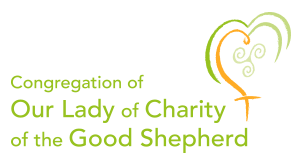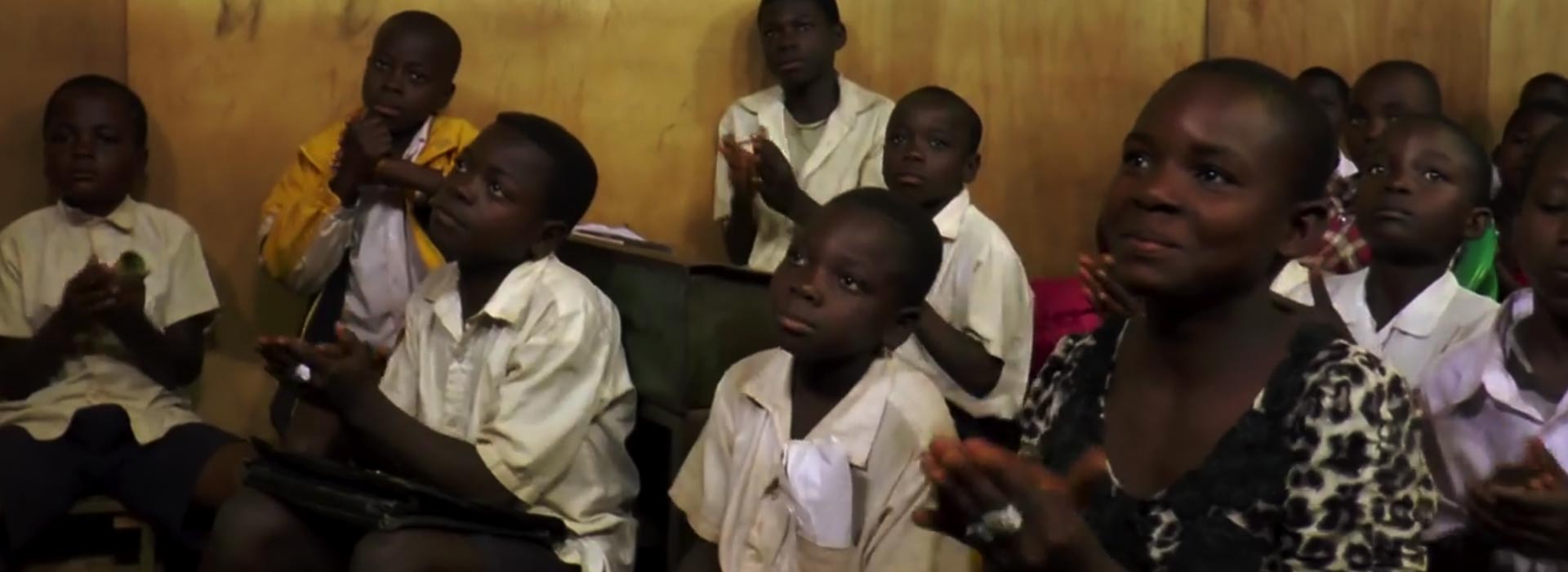“Il aura un diplôme. Elle aura un diplôme,” chant the children of the Bon Pasteur School in Domaine Marial, a settlement at the edge of the mining town Kolwezi in the Democratic Republic of Congo. The thought that even a single boy or girl in this settlement might one day earn a school diploma is not something that would not have been considered possible a few years earlier.
“Il aura un diplôme. Elle aura un diplôme,” chant the children of the Bon Pasteur School in Domaine Marial, a settlement at the edge of the mining town Kolwezi in the Democratic Republic of Congo. The thought that even a single boy or girl in this settlement might one day earn a school diploma is not something that would not have been considered possible a few years earlier.
Kolwezi has been an important mining hub since the 1940s. Rich deposits of copper, cobalt, uranium, oxide ores and lime have attracted both commercial mining companies and waves of Congolese migrants hoping to earn their livings as artisanal miners.
Artisanal miners earn very little, often less than €1.50 per day. To help support their families, many children are forced to work alongside their parents in the open-pit mines, which can be up to 12 meters deep. Toxic waters surround the mines and the pits are notoriously unstable.
Morgan is a student at the Bon Pasteur School, which was founded in 2012 by the Good Shepherd Sisters. He used to work in the mines, alongside his father and siblings. He was constantly afraid of landslides and saw many of his neighbours die in mining accidents.
“Many children have watched both of their parents die in the mines, when the holes collapsed,” says Sister Jane Kendi.
The Sisters started the informal school as a child protection project to safeguard the orphans, children of female-headed households and other vulnerable children in the mining community.
Initially the school provided one meal a week to the students. On realising that the students sometimes had no other food for the next six days, the teachers and a group of dedicated parents began pooling resources so that the students could eat every day. With full bellies, the children are able to stay awake and concentrate in class.
The entire community has begun to see the potential of the informal school and has worked together to raise money for new school buildings to accommodate the 1100 students that now attend. It is the only school in the district that does not charge school fees.
“Work in the mines is finished for me now,” says Morgan. “Now I study. Now I’m doing well. I’ve begun to read and to write.”
Morgan also explains that he has learnt about child rights and proudly proclaims his right to good health and an education.
In a country where 42% of children aged 5 to 15 are part of the informal labour force, these are rights that are frequently denied.
“The school is really a symbol of life in the community,” says Sister Catherine Mutindi. “Children are happy. They talk on the road. They are not the children with hollow faces that we saw when the centre was begun.”
The informal school is one of several projects started by the Good Shepherd Sisters in Domain Marial. Their other projects focus on income-generation, ensuring that parents don’t need the money that they would earn sending their children to the mines. All of these projects, and interviews with Morgan and the other children of the informal school, can be seen in the film Maisha, produced by the U.S. Embassy to the Holy See.


